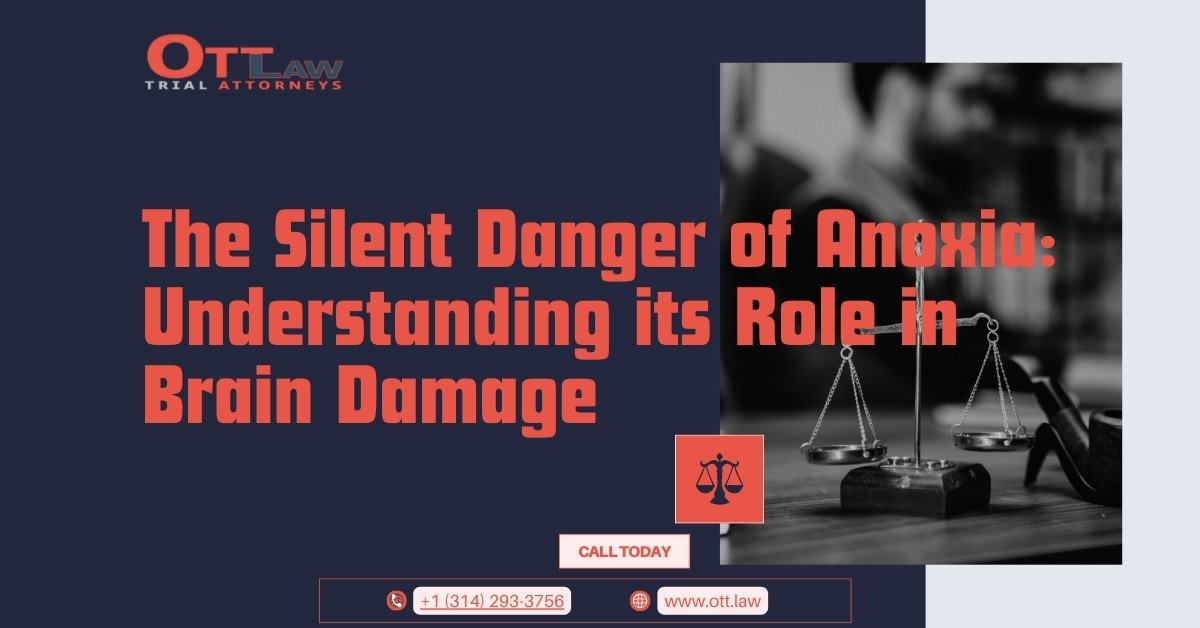The intricate workings of the human brain rely heavily on a steady supply of oxygen. However, anoxia, a condition characterized by an absence of oxygen supply, can pose significant threats to brain health, often going unnoticed or misunderstood even in the medical community.
What is Anoxia and Why is it a Concern?
Anoxia occurs when the brain doesn’t receive the oxygen it needs to function. It’s a condition that can silently worsen the outcomes of other injuries or medical conditions. Consider, for instance, the case of a car accident victim who has experienced a mild head trauma. The immediate injury might seem non-severe, but what if the same individual was submerged underwater post the accident for a prolonged period? This secondary challenge, the lack of oxygen, can amplify the damages to the brain exponentially.
Delving Deeper: Oxygen Saturation Levels
When assessing a patient for potential brain injuries, it’s crucial to not just look at the obvious external signs but also explore other indicators that might point towards brain distress. One such vital indicator is the oxygen saturation level.
Oxygen saturation is a measure of how much oxygen the blood is carrying compared to its maximum capacity. It’s typically measured using a pulse oximeter – a non-invasive device that’s usually placed on a fingertip.
Key Point to Remember: A healthy individual will usually have oxygen saturation levels in the high 90s. A drop below this can be indicative of potential challenges the brain might be facing due to reduced oxygen.
The Importance of Comprehensive Medical Assessment
Doctors who are less acquainted with the intricacies of traumatic brain injuries might overlook the role of anoxia. Therefore, it’s crucial to have comprehensive medical assessments that not only consider the direct traumas but also secondary factors that might aggravate the situation. Especially in the context of brain health, understanding and accounting for these nuances can make a significant difference in patient outcomes.
In Conclusion
Anoxia, though silent, can be a formidable adversary when it comes to brain health. Recognizing its potential dangers, especially in tandem with other injuries, can pave the way for more effective treatments and better recovery prospects.
OTT Law Firm – Guiding Through Complex Medical Matters
When medical complexities intertwine with legal challenges, it’s imperative to have seasoned experts by your side. At OTT Law Firm, we combine legal expertise with a deep understanding of medical nuances. For guidance or support, contact us at +13142933756 or joe@ott.law.

